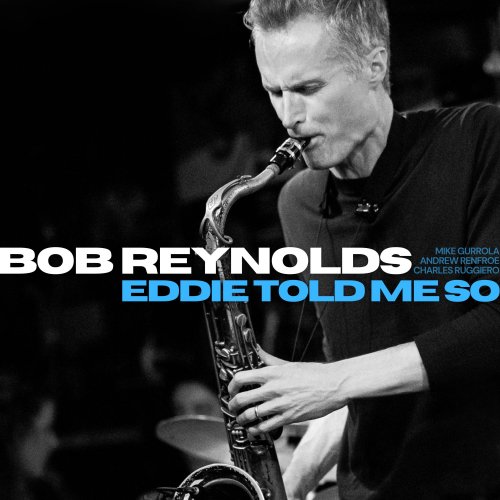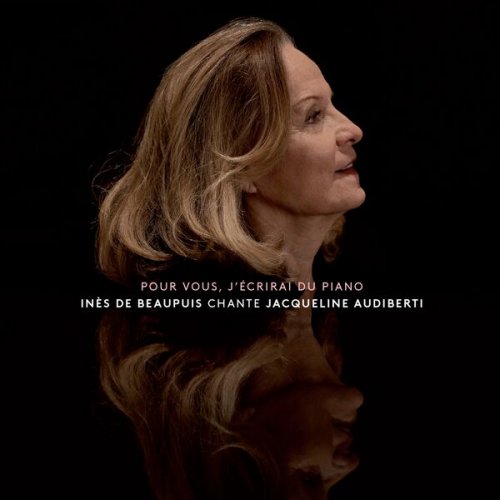Andreas Staier - Pour passer la melancolie (2013) [Hi-Res]
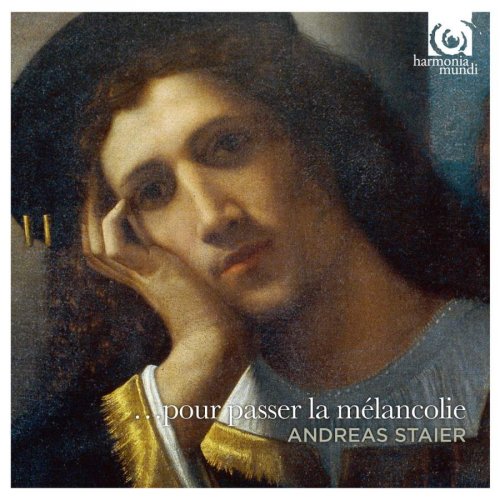
Artist: Andreas Staier
Title: Pour passer la melancolie
Year Of Release: 2013
Label: Harmonia Mundi
Genre: Classical
Quality: FLAC (tracks, booklet) [96kHz/24bit]
Total Time: 1:14:50
Total Size: 1.65 GB / 478 MB
WebSite: Album Preview
Tracklist:Title: Pour passer la melancolie
Year Of Release: 2013
Label: Harmonia Mundi
Genre: Classical
Quality: FLAC (tracks, booklet) [96kHz/24bit]
Total Time: 1:14:50
Total Size: 1.65 GB / 478 MB
WebSite: Album Preview
01. Plaincte faite a Londres pour passer la Melancolie la quelle se joue lentement et a discretion
02. Courante
03. Sarabande
04. Gigue
05. Des Pieces de Clavecin, Livre premier, 1689 - Fugue grave pour l’Orgue. Fort lentement en re mineur
06. Toccata
07. Passacaglia
08. Prelude
09. Allemande grave
10. Courante
11. Sarabande
12. Chaconne
13. Tombeau de M. de Blancrocher
14. Prelude en re mineur
15. Tombeau de M. de Chambonnieres. Fort lentement
16. Chaconne Rondeau en Re majeur
17. De Ariadne Musica, 1702 - Ricercar pro Tempore Quadragesimae super Initium Cantilenae: “Da Jesus an dem Creutze stund”
18. Prelude. Fort tendrement
19. Allemande. Lentement
20. Courante
21. Sarabande Grave
22. Gigue. Vite
23. De Apparatus Musico-Organisticus, 1690 - Passacaglia en sol mineur
24. Libro qvarto, 1656, de la Suite VI: Lamento sopra la dolorosa perdita della Real Msta. di Ferdinando IV, Re de’ Romani etc. en Ut majeur
The quality of melancholy was associated with English music of the 16th and 17th centuries, and it certainly had resonances abroad. In this selection of French and German works of the early Baroque, played by the always daring harpsichordist Andreas Staier, the connections are never made quite clear, in the music or in Staier's booklet notes. But it hardly matters, for the music and the performances here are compelling as individual units. The only explicit reference to melancholy comes in two movements of Froberger's suites, which programmatically depict the disagreeable circumstances of the composer's trip to London: he was robbed by pirates on the boat from Calais, showed up in England with only a seaman's shirt to his name, and was subsequently maltreated as a result. This is intriguing, but it is hardly the classic melancholy of Elizabethan circles. Elsewhere you get various kinds of serious pieces, none exactly melancholy: there's a fine example of the Tombeau or memorial piece, this one in honor of Jacques Champion de Chambonnières (track 15); a remarkable French fugue by Jean-Henry d'Anglebert (track 5); a harmonically dense suite by Louis Couperin; and several weighty German pieces that were among the ancestors of J.S. Bach's serious mode. They aren't really melancholy, but they're splendid, little-known works, and Staier's bold, stirring playing, always a pleasure to hear, is especially impressive in these ambitious works. He plays a recently restored French harpsichord of the late 17th century that can stand up to his high-intensity style. The result: a fine program that achieves something different from what it set out to do. ~ James Manheim

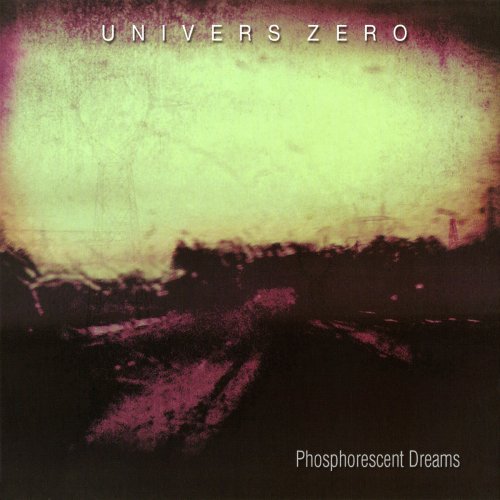
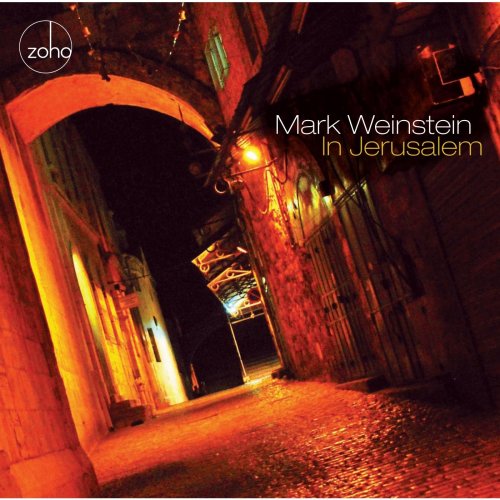
![Dino Siani - Mosaico Barocco (2026) [Hi-Res] Dino Siani - Mosaico Barocco (2026) [Hi-Res]](https://img.israbox.com/img/2026-02/20/56itjdvowkeoaf6sr37eyqjai.jpg)
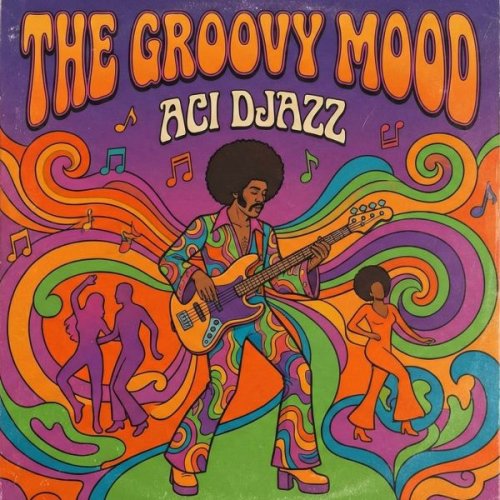

![Alex Alicke - The recovered files (2026) [Hi-Res] Alex Alicke - The recovered files (2026) [Hi-Res]](https://www.dibpic.com/uploads/posts/2026-02/1771222991_cover.jpg)
